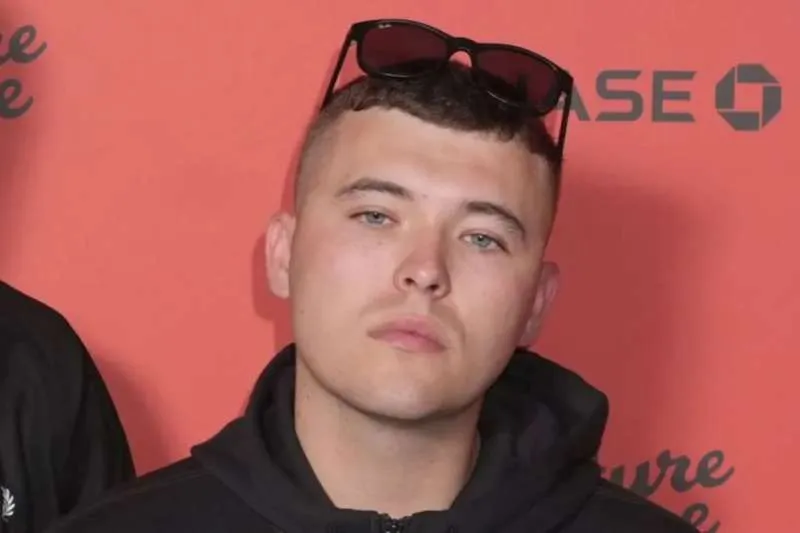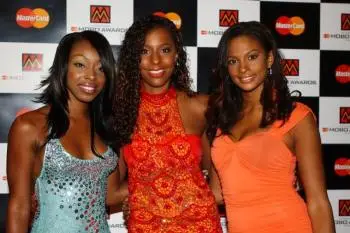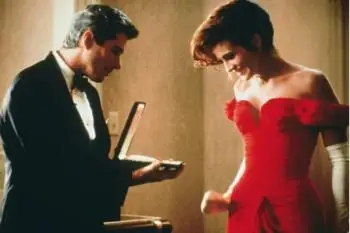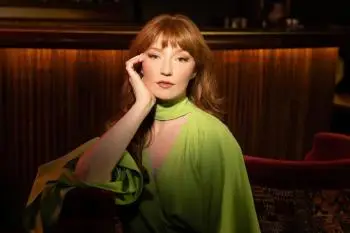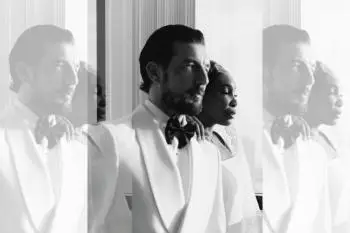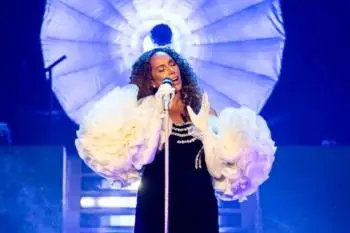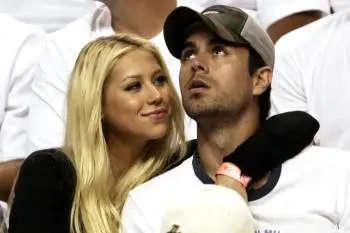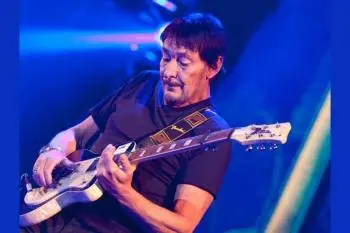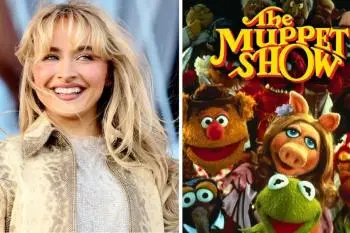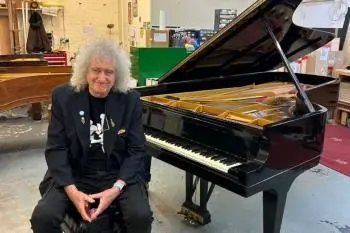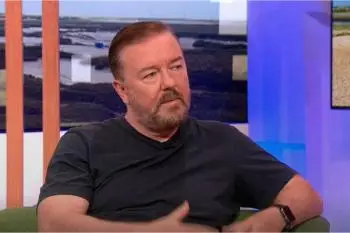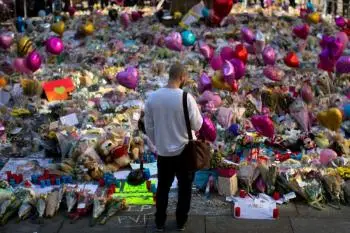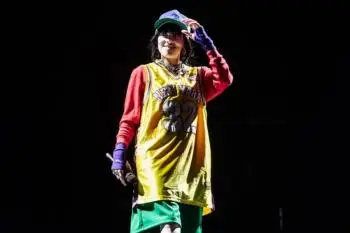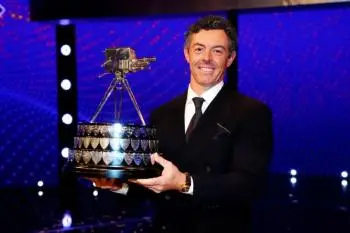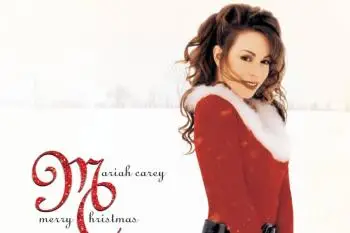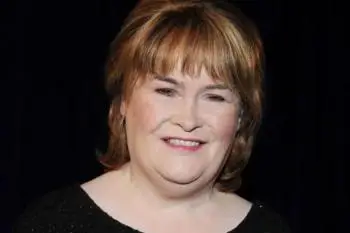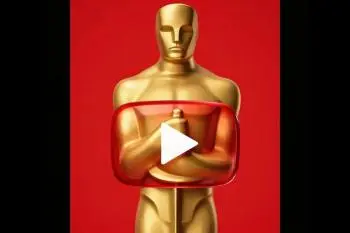Kneecap’s Mo Chara ARRESTED for Alleged Terror Offence at London Gig
- Oasis FM
- 22-05-2025
- Showbiz News
- Photo Credit: PA
In a dramatic turn of events that's rocked the Irish music scene, Liam Óg Ó hAnnaidh, better known to fans as Mo Chara of the politically-charged hip-hop group KNEECAP, has been charged with a terrorism-related offence following a performance in London late last year.
The Metropolitan Police have confirmed that the arrest stems from an incident that occurred during Kneecap’s gig at the O2 Forum in Kentish Town on November 21, 2023. According to police, Mo Chara was charged with “displaying a flag in support of Hezbollah, a proscribed organisation,” which is considered a terrorist group under UK law.
Authorities stated that the flag was displayed “in such a way or in such circumstances as to arouse reasonable suspicion that he is a supporter of a proscribed organisation.” The investigation, led by the Met’s Counter Terrorism Command, was reportedly triggered in April when footage of the event surfaced online, drawing official scrutiny.
Kneecap, known for their provocative lyrics and outspoken political messaging, often delivered in both Irish and English, have gained a significant following for blending traditional Irish identity with raw, unfiltered hip-hop. The group has long courted controversy for their republican themes, but this is the first time a member has faced charges of this magnitude.
Liam is now scheduled to appear before Westminster Magistrates’ Court on June 18, where he will face the serious charge under UK counter-terrorism legislation. If convicted, the implications could be career-defining, not just for Mo Chara, but potentially for Kneecap as a group.
Neither Liam nor Kneecap have yet issued a public statement in response to the charge, but fans have already begun rallying on social media, with some expressing shock and others defending the artist’s right to political expression. The incident raises fresh questions about art, activism, and the limits of free speech, especially in a time when global politics are under increasing scrutiny.
The case is already attracting significant media interest and is expected to become a flashpoint in ongoing debates around artistic freedom, censorship, and the fine line between political protest and criminal offence.


